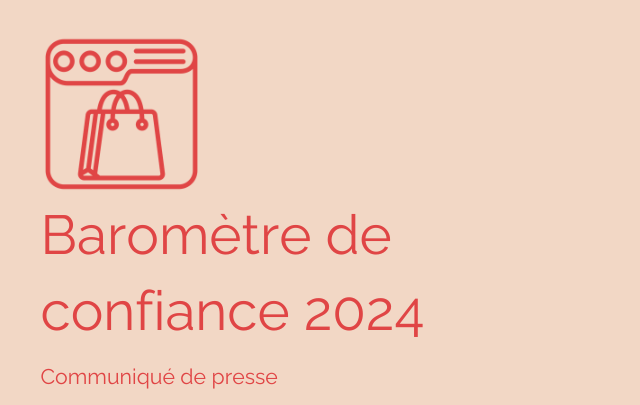

Montreal, 14th of March 2018 – The sharing economy results in many benefits, but it also involves great challenges, mainly in terms of consumer protection. With whom does the consumer using an online sharing economy platforms (OSEP) conclude a contract? What are his rights and remedies when something goes wrong? What about civil liability? Insurance?
In the study released todayOption consommateurs sought answers to these questions by reviewing the laws, but also by analyzing the terms and conditions of the agreement offered by several OSEPs. It identified the protections provided by the platforms to users and collected data from 1,000 Canadian consumers about their perceptions and knowledge on the sharing economy.
First observation: An OSEP user who seeks to exercise his rights will face a significant challenge because he entered two contracts – one with the OSEP and another one with the provider of goods or services, and each contract has its own unique features. ” Even for an attorney, it’s hard to have a clear picture,” says Me Annik Bélanger-Krams."
The Option consommateurs study also reveals that consumer protection laws are not always adapted to the sharing economy. “These laws only apply to transactions between a consumer and a merchant,” says the lawyer. However, in the context of the sharing economy, the one who provides the service is not always a merchant. Not to mention that some areas may not regulated under this Act, such as short-term housing rentals, or the Act limits greatly its scope of application. »
Another problem is that OSEPs claim to offer service without warranty and deny all forms of liability. To justify themselves, they define their activities as a matchmaking service. “Such platforms do a lot more than that,” says Me Bélanger-Krams. However, their level of responsibility has not been decided by the courts.” Often, they also limit consumers’ remedies. “Such practice conflicts with some provincial legislation and violates their right to access to justice.”
Another source of concern relates to insurance, especially home and liability insurance. Option consommateurs raises serious information disclosure issues here, which can affect informed decision-making. “Some insurance policy clauses make its coverage subject to many conditions,” says Bélanger-Krams. However, the user does not have easy access to these clauses.” Sometimes, even the activity relating to the sharing economy or the behavior leading to the claim is also subject to exclusion. “In these cases, what should be covered may not be covered.”
The survey conducted as part of Option consommateurs’ study reveals that users of the sharing economy do not always know who they are dealing with, and they believe that they are as well protected when dealing with a platform as when doing business with a traditional merchant. “That’s not always the case,” says Me Bélanger-Krams. She adds: “It is primarily people from 18 to 34 years old who feel well protected. But they are also the main users of the sharing economy… »
Option consommateurs recommends that provincial legislators broaden the scope of consumer protection laws and increase the protection of consumers who use these platforms. It also recommends that online sharing economy platforms modify their contract and better inform consumers. “Consumers absolutely need to be better protected,” says Me Bélanger-Krams.
The research entitled "The sharing economy. The Canadian Perspective" has been conducted by Option consommateurs thanks to a contribution from the Office of Consumer Affairs of Innovation, Science and Economic Development Canada.
About Option consommateurs
Option consommateurs is a not-for-profit association whose mission is to defend the rights and interests of consumers. It is closely involved in issues related to personal finance, business practices, financial services, protection of personal information, energy, health and agri-food.
– 30 –
Source: Elise Thériault, tel. : 514 777-6133






